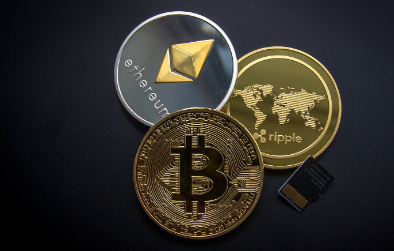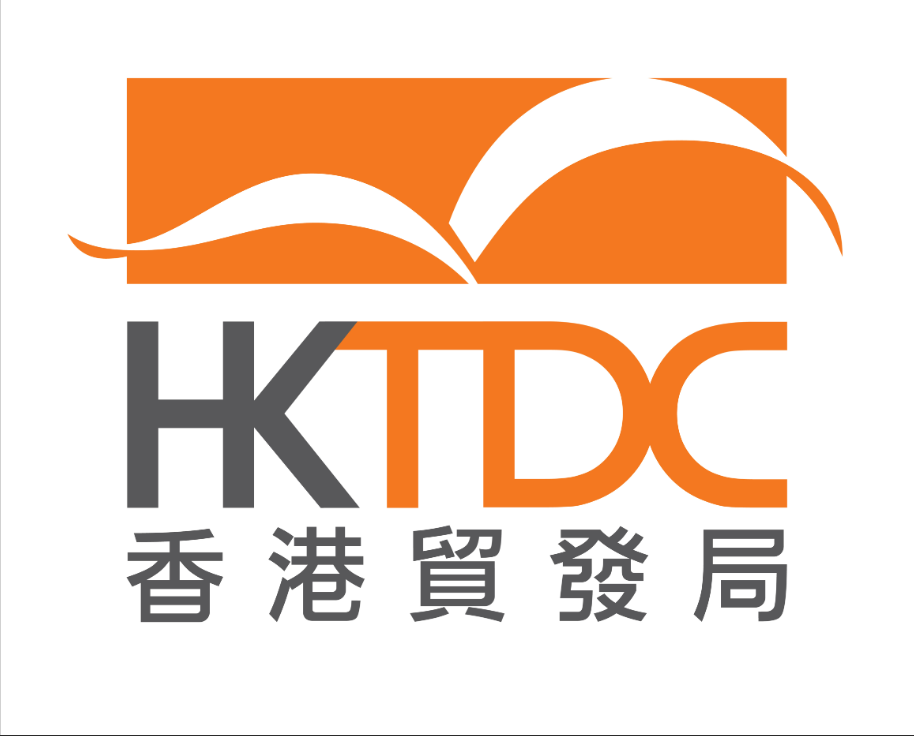Hong Kong to Unveil Virtual Asset Policy Statement
The Hong Kong Special Administrative Region’s government has announced it will present a policy statement on the city’s digital assets market during Hong Kong’s upcoming FinTech Week. Financial Secretary Paul Chan Mo-po said the statement will cover several key topics, including Hong Kong’s approach to virtual assets, retail investor exposure, and the city’s pilot projects to embrace virtual assets’ technological and financial benefits.
Following the announcement of Hong Kong’s new virtual asset service provider (VASP) licensing regime, which is due to come into effect in 2023, the policy statement points to further efforts by the city to revive the retail crypto market.
Over the past few years, stringent COVID-19 travel control measures and regulatory uncertainty saw many Hong Kong blockchain and crypto companies shift their operations to more hospitable jurisdictions, such as Singapore. According to Chan, the policy statement will clarify Hong Kong’s stance on virtual assets and position the city as a worldwide hub for virtual asset investors.

Retail crypto trading
Under the Securities and Futures Commission’s (SFC) current rules, some complex products, such as security tokens, are unavailable to individual investors with liquid assets less than HK$8 million. While the SFC loosened some restrictions on retail investors in January, cryptocurrency exchange-traded funds (ETFs), Bitcoin futures ETFs, and other crypto funds remain unavailable to retail investors in Hong Kong.
However, speaking at the Financial Services FinTech Day on October 17, Elizabeth Wong, Director of Licensing at the SFC, said, “It may be a good time to really think carefully about whether we will continue with this professional investor-only requirement.” Wong also noted that the SFC would seek public opinion on the matter later this year.
One country, two systems
While the People’s Bank of China (PBOC) banned financial institutions in Mainland China from handling Bitcoin transactions in 2013 and banned ICOs and domestic cryptocurrency exchanges in 2017, Hong Kong has a divergent stance on crypto.
Earlier in 2022, Hong Kong announced plans to extend its existing anti-money laundering and combatting the financing of terrorism (AML/CFT) rules as part of a proposed new regulatory regime. The proposed regime will require all VASPs in Hong Kong to obtain an SFC license and will cover any firm that buys, sells, or exchanges virtual assets or that controls virtual assets as part of their business. “We hope that this regulatory framework can enable the industry to have an orderly and sustainable development while balancing investor protection,” Wong said.






















































First, please LoginComment After ~